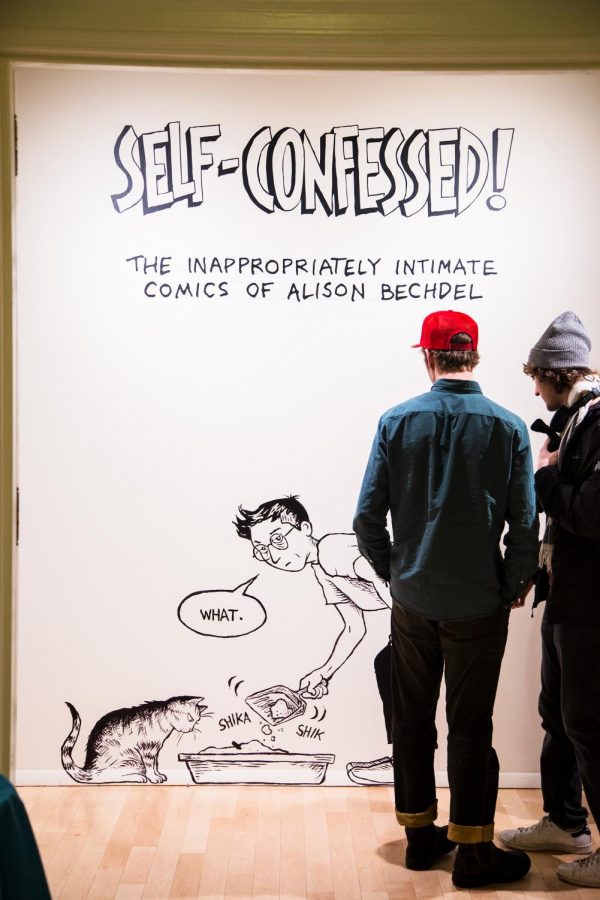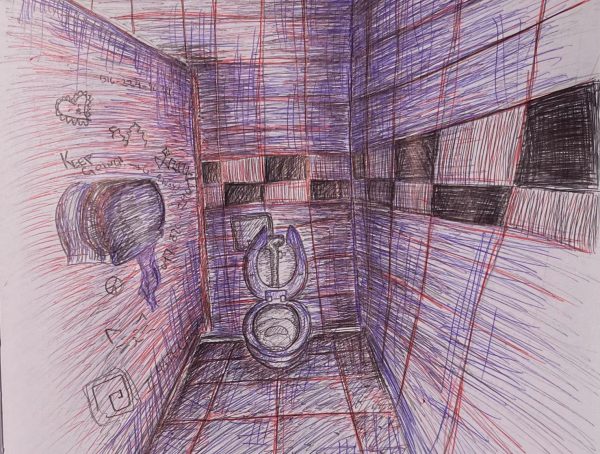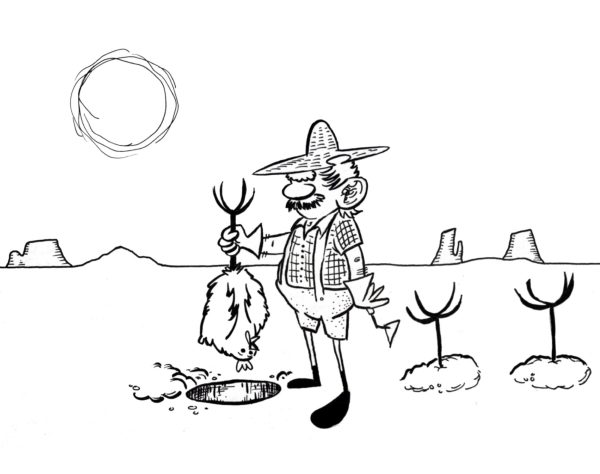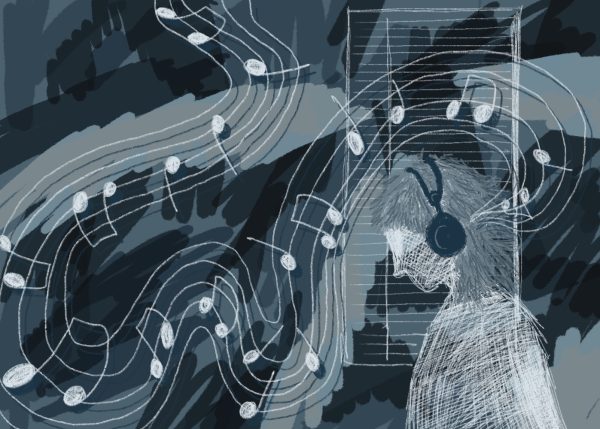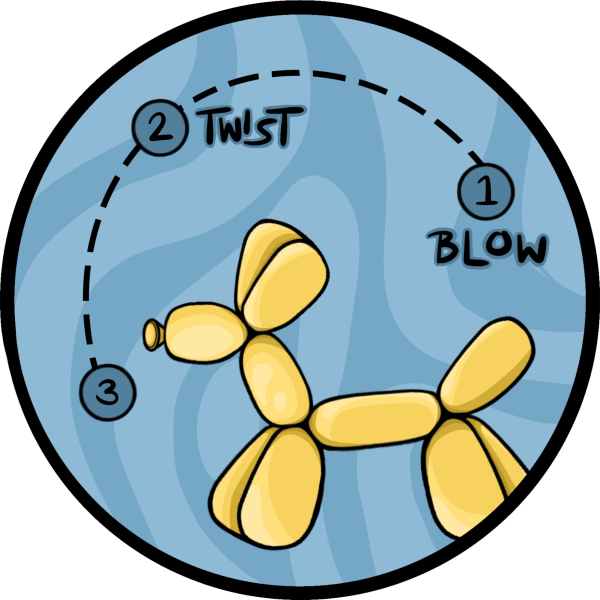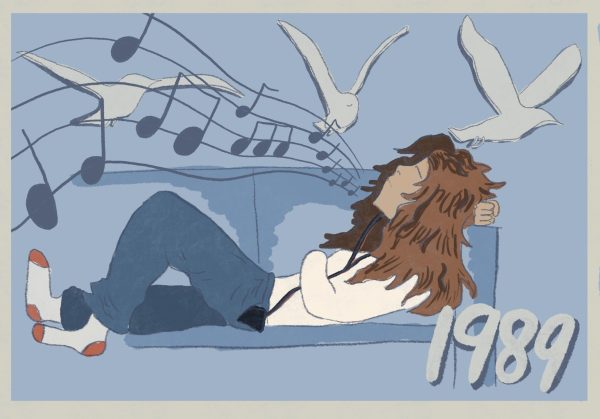Cartoons and politics fill new exhibit
(Left) Two students admire a self portrait of Alison Bechdel hanging in the Fleming Museum. (Right) Alison Bechdel speaks at the opening of the Fleming exhibit featuring her work on Feb. 7.
February 13, 2018
On the wall is a large drawing of a human form cleaning out a litter box looking directly at the viewer, daring viewers to come inside and take a look.
The figure is a self-portrait of Alison Bechdel.
Her exhibit “Self-Confessed! The Inappropriately Intimate Comics of Alison Bechdel,” is the latest exhibit to open at the Fleming.
Throughout the exhibit are all kinds of wall drawings — most of which Bechdel has done herself — sprinkled among the highlights her long career as a trailblazer cartoonist and memoirist.
It is both a riveting career retrospective and an intellectual dive into LGBT history.
Bechdel is a cartoonist best known for her graphic memoir novels “Fun Home,” “Are You My Mother?” and the long-running comic strip “Dykes to Watch Out For.”
A current Vermonter, Bechdel moved to the state 27 years ago, she said.
“Back then there was a hardwood store on Church Street and no LGBTQ Center on campus. But there were gay bars,” she said.
Bechdel has won a MacArthur Genius Grant and had a Tony-winning Broadway musical based off of “Fun Home,” her first graphic novel.
Bechdel is also a UVM Marsh-professor-at-large.
In her work, she combines analytical personal insight with intricate graphic drawings that tell nonlinear stories of identity and history.
Chair of the English department Dan Fogel, who teaches Bechdel’s work in his classes, speaks highly of her work, and how she’s helped bring a marginalized community into the mainstream discussion.
“Bechdel’s deeply felt and intensely dramatized yet intellectual quest for self-knowledge and understanding is distinguished by the way her graphic images and text combine organically,” Fogel said.
The Fleming exhibit is extensive and packed with treasures, like preliminary sketches of some of her most notable work. Early childhood drawings depict her interest in masculine figures and her childhood home.
The exhibit includes a breakdown of the Bechdel-Wallace Test, a tool to spot gender inequality in fiction, and a Bechdel-themed board game that everyone is can play.
This comprehensive show would not be same without Bechdel’s personal contributions to the exhibit.
“We had those preliminary conversations with her and she was immediately agreeable and pleased to work with us on it.” said Margaret Tamulonis, co-curator of the Bechdel exhibit. “She was really generous with her personal archives.”
Walking through the exhibition, viewers are met by the startling work of someone who experiences life and steps back to find a unique way to depict it, sometimes realistically and sometimes absurdly, but always articulately.
Naturally, it is the kind of place in which one could spend hours, exploring all the details of her life.
Andrea Rosen, curator of the Fleming Museum, thinks Bechdel’s devotion to personal storytelling is something everyone can be stirred by.
“The personal is political; there is something really powerful in identifying with someone else’s story because even if the details are different, there are some human qualities there we can all identify with,” Rosen said.
Sophomore Georgia Hall thought this new exhibit showed the Fleming’s willingness to be progressive and open.
“It shows how far we’ve come. I mean, there’s a naked lesbian on the wall,” Hall said.
Bechdel will give a talk in the Davis Center Feb. 21 to promote the exhibit.
The Fleming Museum will host a Vermont Cartoonist Laureates Past and Present Panel, featuring Bechdel, April 4. “Self-Confessed!” will run until May 20.


